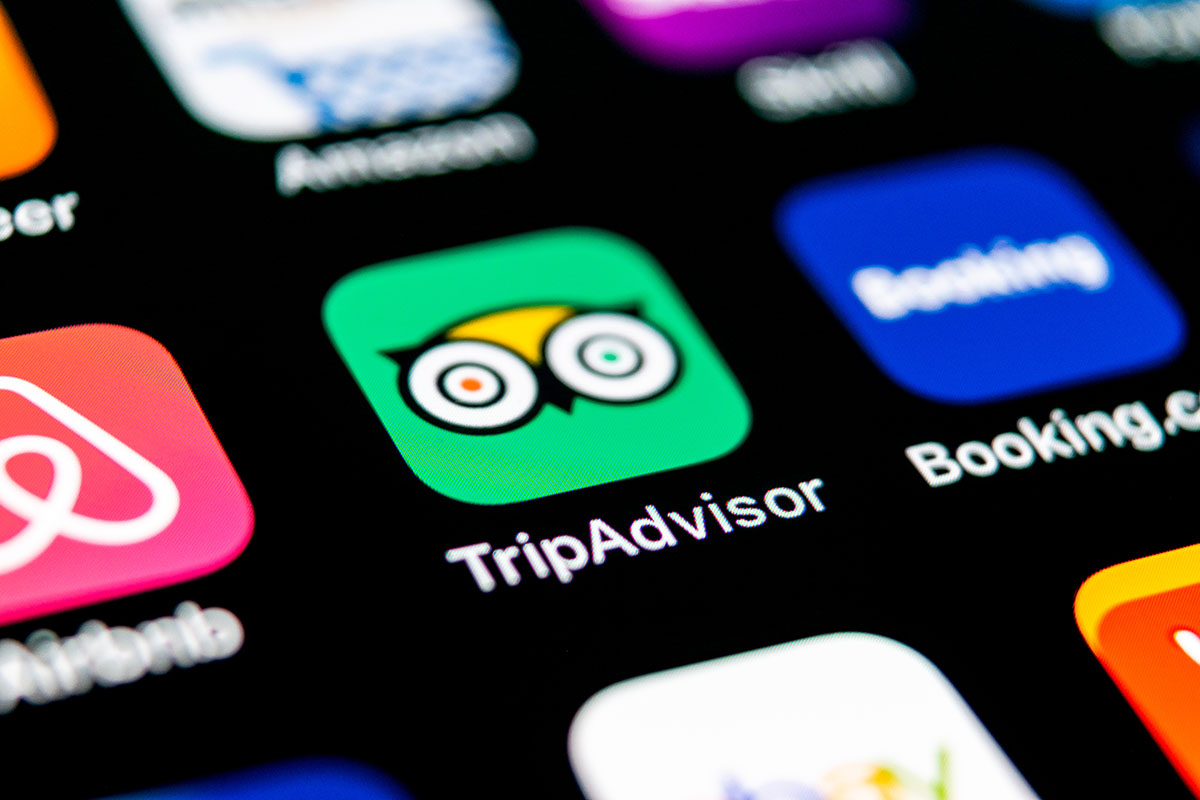Amazon Enters Skincare Industry Armed With Its Algorithm

Skift Take
Amazon has been making a hard push into health, wellness, and beauty lately. The company recently introduced six new Alexa health care skills from industry leaders such as Express Scripts, Cigna, and Boston Children’s Hospital, allowing customers to access personalized medical information through the device. This development followed Amazon’s purchase of online pharmacy PillPack, as well as the launch of Haven, a joint health care venture created with JPMorgan Chase and Berkshire Hathaway to improve patient care and costs for employees and families affiliated with the three companies.
The retail behemoth has also developed its own private-label products in the health and wellness space. The company’s Solimo and Mountain Falls product lines make a range of products traditionally found in drugstores, such as sunscreen, body wash, hand sanitizer, and gummy vitamins. Recently, Amazon introduced Belei, its in-house skincare line made up of 12 products.
Skincare is one of the largest growth sectors in the U.S. beauty industry, according to The NPD Group. The segment grew 13 percent in 2018, compared to the 1 percent increase in makeup sales. Given those promising numbers, and the fact that skincare products are notoriously high-margin affairs, it’s no wonder that new players are constantly jumping into the game. Still, with so much competition, it’s hard to last without a huge piggy bank to back marketing and development.
Of course, Amazon has those marketing dollars, as well as other major advantages over competing beauty brands that sell in its marketplace. The company is equipped with solid distribution systems, a large-scale customer base, and both online and brick-and-mortar outlets via its own site and Whole Foods. Perhaps more important, it has the research. By poring through user data containing searches for products and ingredients, Amazon alone can develop specific products aligned with customer demand.
While the choice of the brand name is debatable, don’t underestimate Belei. If any company is poised to make over the cosmetics industry, Amazon has many of the right ingredients to do so.
For feedback or news tips, reach out via email at [email protected] or tweet me @dailysuitcase.
— Laura Powell, Skift Contributor
Beauty & Spa

Amazon Shakes Up the Beauty Sector With Belei: Amazon continues to expand its empire, as well as its roster of private-label brands, which now total at least 135, according to market research firm TJI Research Inc. Now, the company is getting into the skincare game with its new private-label brand, Belei. Amazon obviously has many advantages over other players in the market here, but its massive vault of search data is likely its biggest asset. Read more here.
Food & Drink
Major Players Bet on Meatless Burgers: Meatless burgers are going mainstream, for better or for worse. Nestlé SA is unveiling a veggie burger brand in Europe this month, and another, suited for the American palate (whatever that means), later this year. Burger King is starting a trial of meatless burgers as well. Other entries in the field include Beyond Meat, backed by Bill Gates, and The Vegetarian Butcher, recently picked up by Unilever. But will consumers bite on a broad scale? Read more here.
Health
Genexa Wants to Clean Up the Medicine Cabinet: Examine a list of ingredients on any over-the-counter medication, and you’re likely to find all sorts of undesirable additives. As a result, companies such as Genexa are popping up to promote themselves as healthier, homeopathic alternatives to run-of-the-mill medications. Right now, homeopathic products are largely not subject to FDA regulations, which means they’re not verified as effective, either. But if the consumer rush toward such products affects over-the-counter sales, you can bet manufacturers of those highly regulated pills and potions will push the FDA to tighten up the rules. Read more here.
Athleisure
Reebok Looks to Get a Step Up on the Competition: Reebok is launching a new loyalty program offering members products and health-related experiences. Through Unlocked, brand devotees can receive nutrition plans, on-demand training, and access to private events. The key for Reebok as it struggles to keep up with Nike is finding the right companies to partner with for rewards. If carefully chosen, Unlocked could be a powerful tool in bringing consumers back to the brand. Read more here.
Mind & Body
When Wellness Becomes Too Much of a Good Thing: Some Americans seem to be overdosing on wellness. The daily run is becoming a marathon. The gluten-free/dairy-free/meat-free diet is transitioning into a food-free diet, with intermittent fasting on the rise. Although the wellness industry would seem to exist to make people feel better, the continual quest to keep up with, and even surpass, the healthy Joneses next door has led to compulsions including extreme exercising and highly restrictive diets. Like so many of today’s ills, social media, in part, is to blame. Read more here.
Skift Contributor Laura Powell [[email protected]] curates the Skift Wellness newsletter. Skift emails the newsletter every Thursday.





